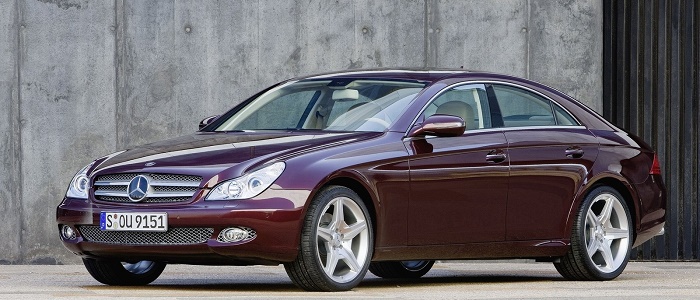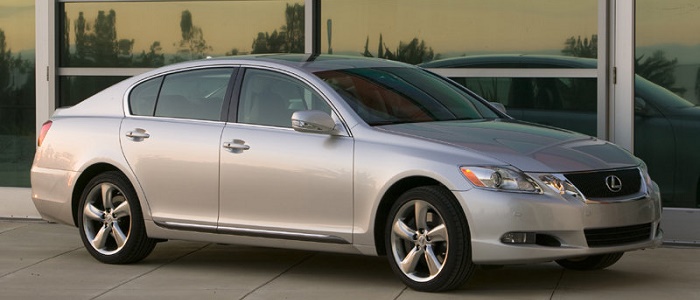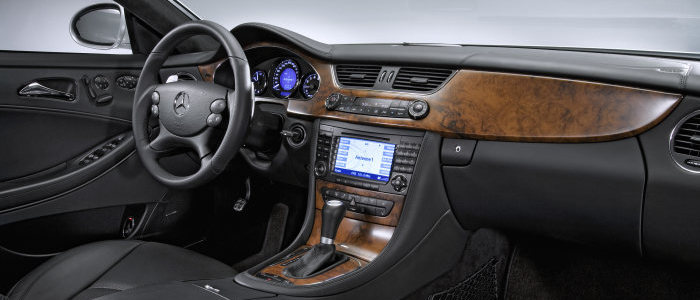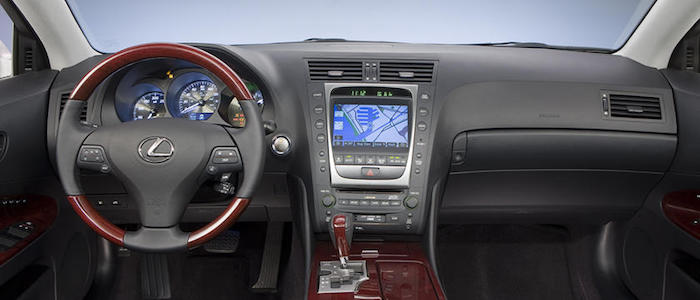Compare two cars
Compare any two cars and get our Virtual Adviser™ opinion
Dimensons & Outlines
Check vehicle history
Engine
3.5 M272 DE35
Performance (manual gearbox)
Performance (automatic gearbox)
Expenses
Virtual Adviser's™ opinion
Well, these are two pretty similar cars we have here! It's only details that could potentially make the difference. Considering they both belong to the luxury car segment and utilize the same 4-door sedan body style and the rear wheel drive system, it all comes up to the specific petrol engine choice they offer. The first one has a Mercedes Benz-engineered powertrain under the hood, a 6-cylinder, 24-valves 292hp unit, while the other one gets its power and torque from a 6-cylinder, 24-valves 252hp engine designed by Toyota.
SafetyThe fact that the Lexus got tested by the European New Car Assessment Programme (Euro NCAP), while the other contender didn't, puts it sky-high safety-wise, in my eyes at least. Still, apart from the official crash test results there are other things we need to be aware of. Both vehicles belong to the luxury car segment, which is generally a very good thing safety-wise, still it doesn't help us solve our dilemma, does it? Furthermore, taking kerb weight as an important factor into account, the German car offers a marginal difference of 3% more metal.
ReliabilityI don't like generalizing things when it comes to reliability, although it does seem that Lexus as a brand displays somewhat better results, at least on all of the models level. These are the official statistics, while our visitors describe reliability of Mercedes Benz with an average rating of 4.3, and models under the Lexus badge with 4.9 out of 5. Independent research findings rank CLS as average reliability-wise, and GS is more or less at the same level.Above it all, drivers of cars with the same engine as the German car rank it on average as 3.5, while the one under the competitor's bonnet gets 5.0 out of 5.
Performance & Fuel economyMercedes Benz is a bit more agile, reaching 100km/h in 0.5 seconds less than its competitor. In addition to that it accelerates all the way to 250 kilometers per hour, 10km/h more than the other car. When it comes to fuel economy things look pretty much the same for both cars, averaging around 9.3 liters of fuel per 100 kilometers (30 mpg), in combined cycle.
Verdict
Lexus is apparently more reliable, not too much, but just enough. The most important thing when deciding between any two vehicles should always be safety, both passive and active. In my opinion, everything taken into account, the Japanese car beats the other contender by far, making it the best choice without even considering other things. From there things take a different direction, with Mercedes Benz outracing its opponent in any situation possible, making it better choice for boy racers. To make things even better, it consumps less fuel! No mistake, whatever you decide here, but I'd still go for the Lexus. Anyway, that's the most objective conclusion I could've came up with and it's based solely on the information found on this website. Aspects such as design, practicality, brand value and driving experience are there for you to measure them out. Also, you could use the oportunity to find out which car, everything taken into account, would be the perfect choice for you in the eyes of the virtual adviser™, among more than 12.000 different ones in our database.

































